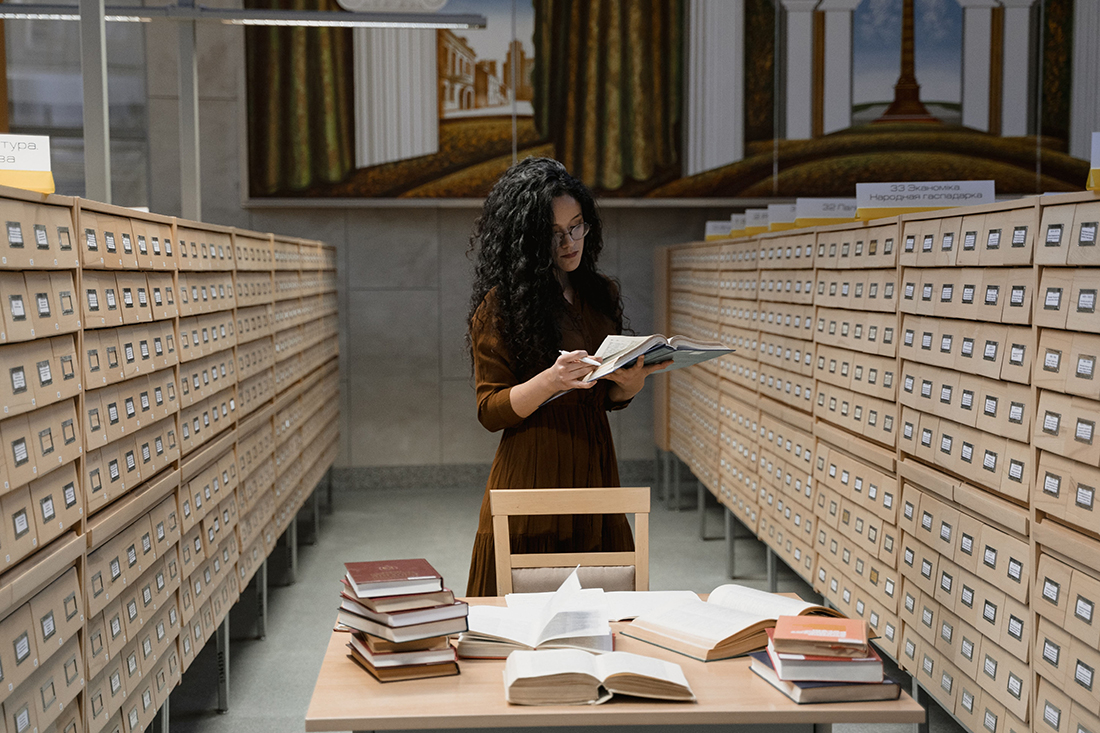Proofreading is an exciting job to do. If you are planning to perceive a career in proofreading, you will be more than excited to know what the job holds. The best part of a proofreading job is that you can easily become a proofreader from home. Plus, the earnings in this job are fabulous.
If you are already browsing the internet for beginner proofreading jobs, then that means that you have made up your mind to become a proofreader. Well, we would love to tell you that you can become a professional proofreader within no time. All it requires is a little bit of practice and a whole lot of research.
So let’s begin our guide on how to start proofreading by answering a few of the most asked questions.
How to become a proofreader if I am a beginner?
As a beginner, the first step in becoming a proofreader is to read a lot. The more you read, the better you can get at proofreading. Proofreading also requires you to understand your audience. To see what people like to read, how different people react to different writings, and look at the words which appeal to the readers.
To become a successful proofreader you need to get in the brains of the audience and think like them. And for that, you need to understand the audience.
How to start proofreading professionally?
To begin proofreading at a professional level, start with critically analyzing what you are reading. Write down things that appeal to you the most, and also the things that you do not like. Brush up your grammar skills by watching videos and reading newspapers.
Also, you should know when the usage of passive voice or complex structure is necessary. You also need to learn about the different types of writings.
In fact, start writing down and then proofreading your own articles. You will get a glimpse of how writing and proofreading are different things, and how different types of writings need different analyses.
What is a proofreader’s job description?
Well, initially a proofreader was not of immense importance. The writer analyzed their writings on their own and published them. But when critical reviews gained importance, a proofreader came in limelight. Basically editing and proofreading can be treated like two different jobs or one, depending on the requirements.
But, if you are specifically looking for a proofreading job, the description might require an honors degree in English, journalism, or creative writing. Basically, you must have an inclination towards literature. And if you are from a technical background you can provide some practical work or do an online course to brush your skills and make your resume appropriate.
Can I take proofreading as a side hustle?
Every job requires an inner passion to be pursued and the same goes for proofreading. If you are an avid reader and like critically thinking and analyzing writings then you can easily take up proofreading as a side hustle.
Remember a proofreader’s job is also a tedious one. They need to research various subjects every day and ensure the work that they are editing and proofreading is the best.
They must also do background checks of the content written in the article to make it practically correct. Publishing wrong things and misleading the audience is punishable by the law. And it is the proofreader’s job to check the authenticity of the material that they are editing.
Conclusion
Initially, becoming a proofreader may not let you make big bucks, but this career has a huge scope. Your inquisitiveness to learn new things and give long hours to reading things will certainly pay off if you perform proofreading dedicatedly.
Remember there is no shortcut to success but in proofreading the way to achieve success is to read, analyze and research! It may sound time-consuming but once you get a hold of it, proofreading will be like a piece of cake for you. And in fact, imagine the new things you will get to learn every day?

